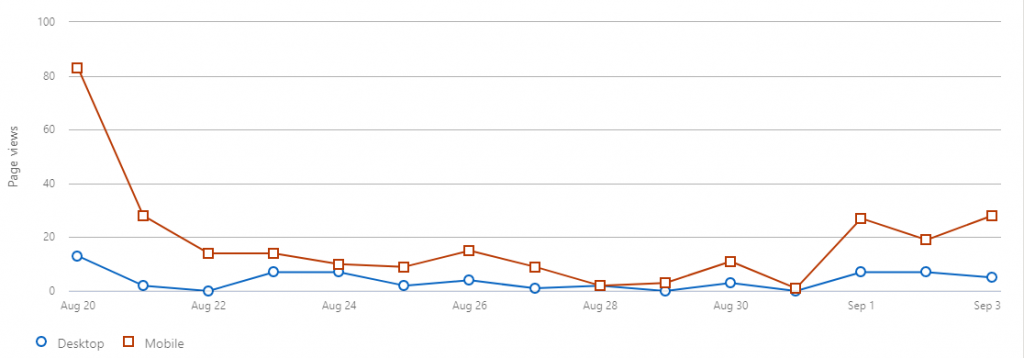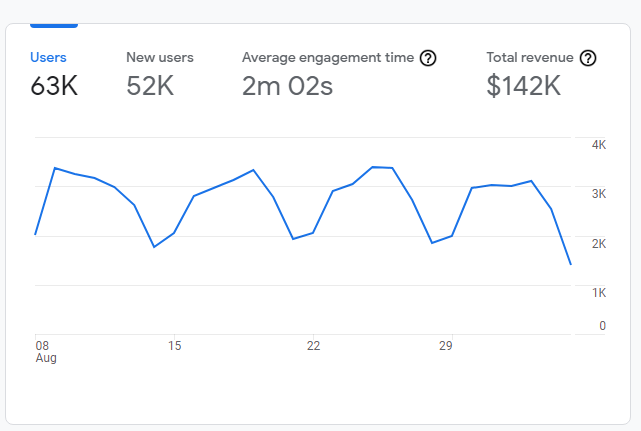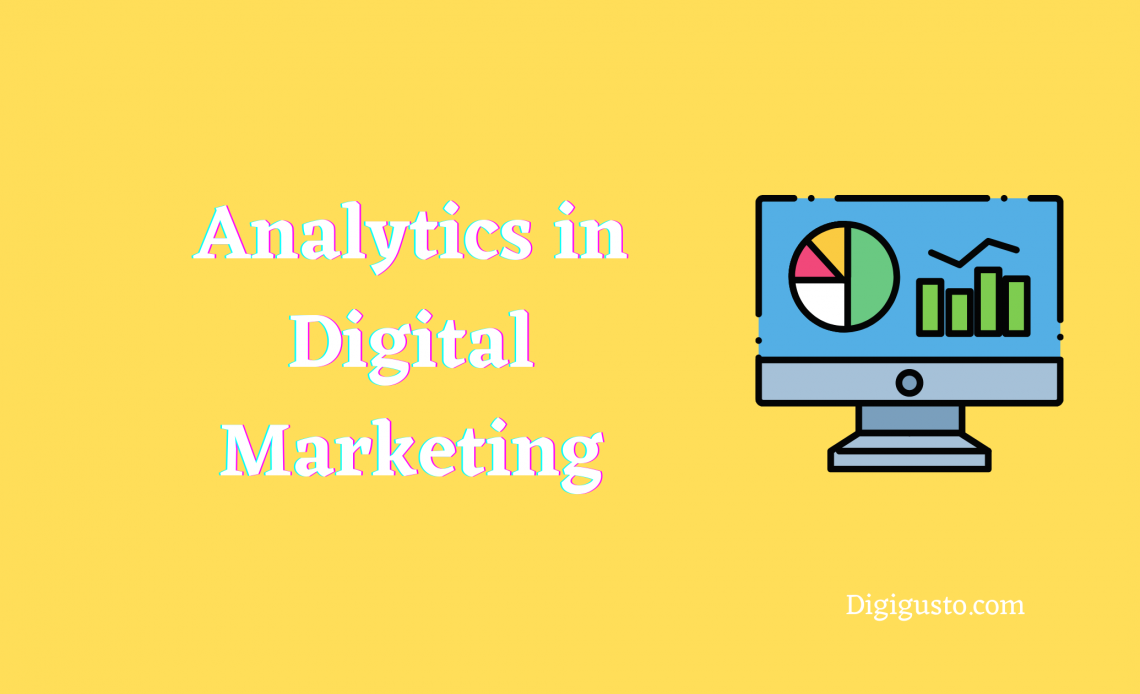As of January 2021, there are 4.66 billion active internet users today which translates to 59.5 percent of the global population. The increase in internet users has made it crucial for businesses to have an online presence. Thus, it’s important for businesses to understand the importance of analytics in Digital Marketing.
With the increase in social media users, there’s been a substantial amount of data. Having a profile on social media, or having a business blog and website, one can easily track the behavior of consumers. This helps in coming up with better decisions.
Importance of Analytics in Digital Marketing
Know Your Customer
Social Media engagement and how people interact with your webpage, says a lot about the customer and their preferences. It’s a good way to know the needs and wants of the customers. Knowing where your customers are coming from, can help the business to make a decision based on geographics, one can also know if you have more male visitors or female visitors, this can help to make gender-specific decisions and so on.
Data Driven Marketing Decisions
The data from social media and webpage tells a story. The insights tell you about when there is going to be more sales, why this happened and what can be done to overcome any tragedy if there was any, and so on. Analytics helps businesses to make a predictive analysis helping to make more data-driven decisions. Furthermore, we can predict the trends in the future with analytics and make the changes required to be prepared for the future.

Time for Improving Results
Analytics in Digital Marketing gives time to improve and optimize the results. The data gives enormous data to predict the future and it also tells about the platforms that are doing well in terms of marketing. Every platform is not the best for marketing the business, there are some campaigns that will work and some won’t. In digital marketing, the analytics will help to understand the data better and know where to invest for higher ROI.
How to track Digital Marketing Analytics
There are various mediums to track the data. Let’s dive into some of them.
Website
The website is the face of the business. It provides information about the business, services, and so on. The website is not only for sending inquires and requests, it speaks volumes about your brand. Thus the website should always be updated as and when required to provide relevant information on time. It makes it easier for analysts to track the activity of visitors.
Blogs and Social Media
Company blogs and Social Media pages are a great way to get connected to the audience. It is easier to track down the emotions of the audience instantly. Blogs and social media posts can be shared with the public, which helps to reach a broader audience and increasing conversions. Through blogs and social media pages, it is easier to understand the audience better through the comments and shares. Understanding what people are talking about and the trends can be useful for decision-making.
Analytics Tool
Analytics tools such as Google Analytics, Statcounter can help identify the page views, sessions, bounce rates, popular pages, geography, and many more. When it comes to analytics, Google Analytics is the best platform to get a better understanding of the data. Google Analytics helps to track the data of most visited pages, geography, conversion rates, bounce rates, referrals, organic search traffic, and much more to get the idea of what are people doing on the website. This can help in making changes in the plans and coming up with better ideas.

In the end, Analytics in Digital Marketing can play a huge role in business decisions. The data shows the picture of what was happening, what is happening, and what can happen in the future. This sight of digital marketing should not be ignored, for what it can do for the business. It gives an overview of what campaign is going well and what is not doing well. It’s the best place to know the outcomes of the marketing plans.

